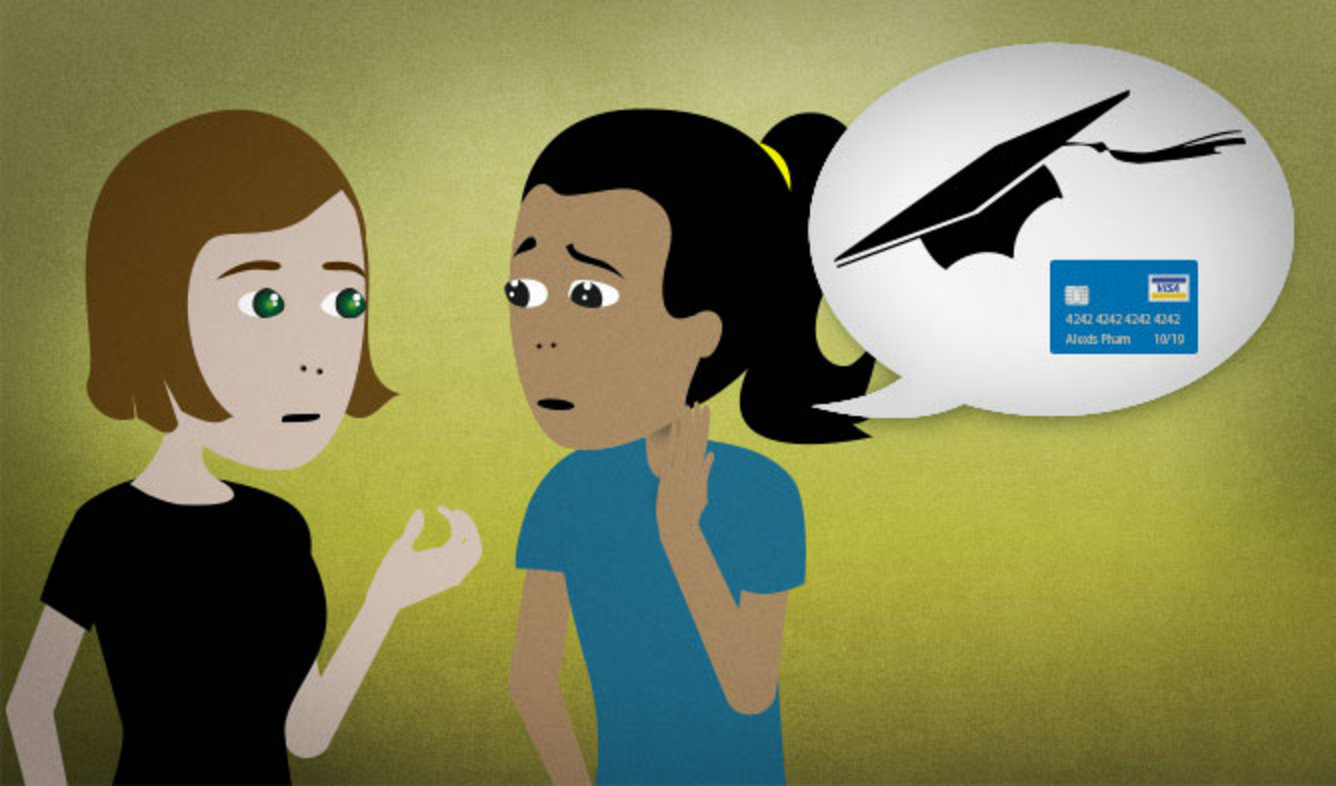“Probably just pay off my credit cards and student loans.”
A friend asks you what you would do if you won a million dollars in a lottery. You have had to borrow a lot of money, so this is your answer.
Probably just pay off my credit cards and student loans.
Want Video and Sound? Follow us on YouTube

just (do something)
You use this phrase when the action you're describing seems easy, simple, fast, unimportant, or unexciting:
I just googled "new york florist" and that was the first shop that came up, so I called them.
A: What did you do this weekend?
B: I just sat at home and watched T.V.
(something) probably (does something)
The word "probably" expresses a more than 50% chance that something is true or is going to happen. You use it in front of a verb:
I probably won't wake up until noon tomorrow.
This is probably the best beef stew I've ever had.
pay off (a bill)
When you "pay something off", it means that you completely pay for it. This is mostly used to talk about bill and loan payments. When you "pay off" a loan, it means that you have completely paid all of the money you borrowed, plus the loan's interest.
To "pay off" a credit card means to pay off all of the money that you spent on that credit card for the month.
Credit cards in the U.S. have a minimum payment that you have to pay each month. However, if you only pay the minimum, you will be charged interest for whatever amount hasn't been paid. If you "pay off" your credit card each month by the deadline, you won't be charged for interest.
student loans
When people study at a college or university, they sometimes need to borrow money to pay for their tuition. Banks offer special loans for students which the students can pay off after they've graduated from school. These loans are called "student loans".
